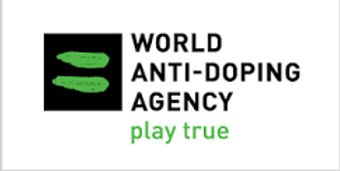
The World Anti-Doping Agency (Wada) watches the world’s sportsmen and -women, to make sure they don’t take banned substances. And quite right! We know there are plenty of aspiring athletes who are happy to gain an advantage by cheating, so if rules on doping exist, they have to be enforced.
But who’s watching Wada? Who keeps an eye out that the agency responsible for upholding the rules is acting responsibly? This is an important question to ask for two reasons.
Firstly, any watchdog must always be watched. The police need a complaints commission to make sure they don’t overstep their powers, industrial tribunals are held to ensure employers don’t ask for more from workers than they’re entitled by paying them for their labour, etc. So the principle means Wada should be watched.
Secondly, there’s a growing number of cases in which Wada appears to be hindering the pursuit of clean sport, not helping it. The latest was the case of the British cyclist Lizzie Armitstead, who was found guilty of missing an out-of-competition drugs test because the tester called at her hotel, wasn’t given her room number for security reasons, and then gave up after one attempt at calling her mobile. His guidance states that he has to try to reach her a bit harder than that.
The result is that athletes are increasingly taking their cases to the Court of Arbitration for Sport (Cas), and increasingly winning. As a result, Cas is unfairly earning a reputation for being soft on drugs cheats when all it’s doing is hearing a complaint and judging whether a sanction is fair within the relevant rules.
Wada is an expensive operation to run. The people who run it have to commit to the role they are carrying out, but it means they also have an incentive to ensure Wada’s existence is self-perpetuating. That’s why there have been suggestions from various sources – some of them very unfair – that Wada changes the rules on banned substances in order to catch enough ‘cheats’ to justify its existence. Wada’s existence is justified, but it needs to have a clear and transparent body watching over it, so such doubts about its legitimacy don’t proliferate. We ought to wish Wada well, but as part of a structure that gives the pursuit of drug cheats genuine credibility. Someone needs to watch Wada.
